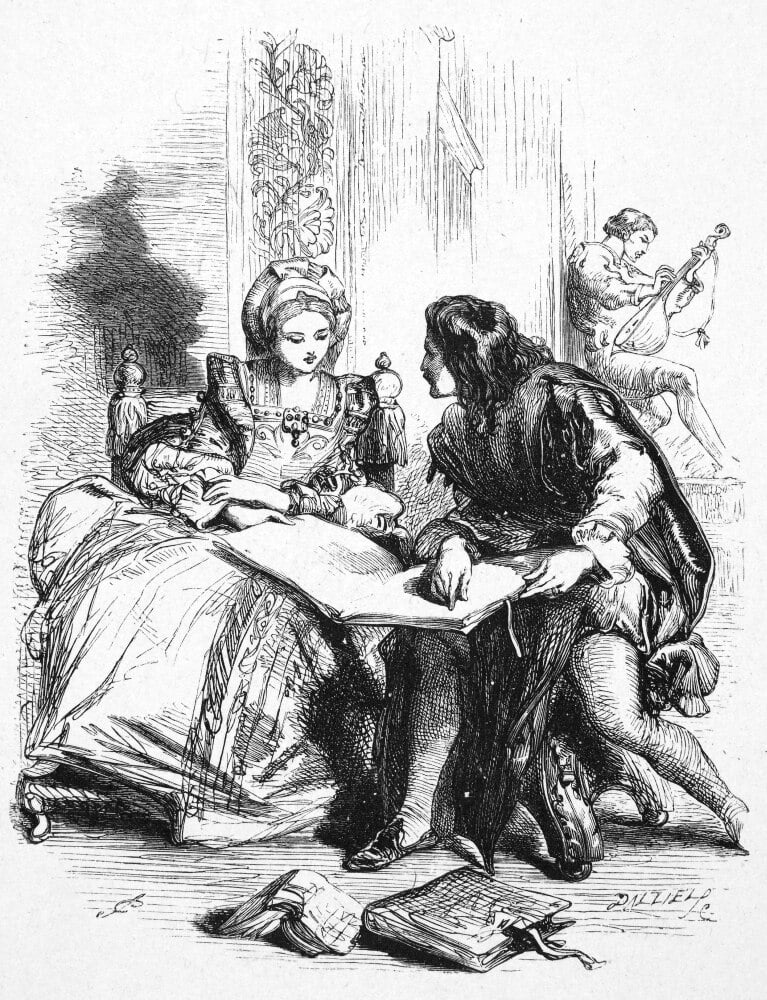
Detractors claim that with Shrew, Shakespeare advocates the abuse of women. Kate, the shrew, is declared to be an unfortunate, defenseless female caught fast in his grip. Shakespeare’s hero, Petruchio, is frequently held up as an abuser of women. Hence, this paper concludes in the third section by examining how Shakespeare’s cultural authority is employed by the films to endorse patriarchal ideologies and “fake” feminism.Ībstract: William Shakespeare’s The Taming of the Shrew is frequently written about as a particularly alarming play within the women’s rights community. As stated by Keller and Stratyner, Shakespeare’s work has become the twenty-first century’s mythology, a cultural shorthand for dispositions, predicaments, preoccupations, aesthetics, poetics, and ideologies (3).

I posit that the films’ representations of feminism constitute a form of “fake” feminism that creates a mirage of empowered female characters who, on closer inspection, are subjected to conservative models of gender essentialism and compulsory heterosexuality. Beneath the illusion of popular notions of women’s empowerment, the film adaptations undermine the authority of strong female characters. It appears that these modern adaptations promote liberal views of gender and identity as the female characters are depicted to possess great autonomy and freedom. In these films, Katherina in The Taming of the Shrew and Viola in Twelfth Night are associated with female empowerment and popular notions of “Girl Power”. Secondly, Trevor Nunn’s Twelfth Night (1996) is compared to another teenage adaptation, She's The Man (2006). Firstly, Franco Zeffirelli’s popular version of The Taming of the Shrew (1967) is contrasted with a contemporary teenage adaptation, 10 Things I Hate About You (1999). Organised in three sections, this paper focuses on the portrayal of women in film adaptations of The Taming of the Shrew and Twelfth Night. It is essential to look beyond the deceptive surfaces of the plays and films, and scrutinise the representation of seemingly empowered females in the comedies.


In some modern film adaptations of Shakespeare’s comedies, the female characters appear to yield power over the male characters.


 0 kommentar(er)
0 kommentar(er)
